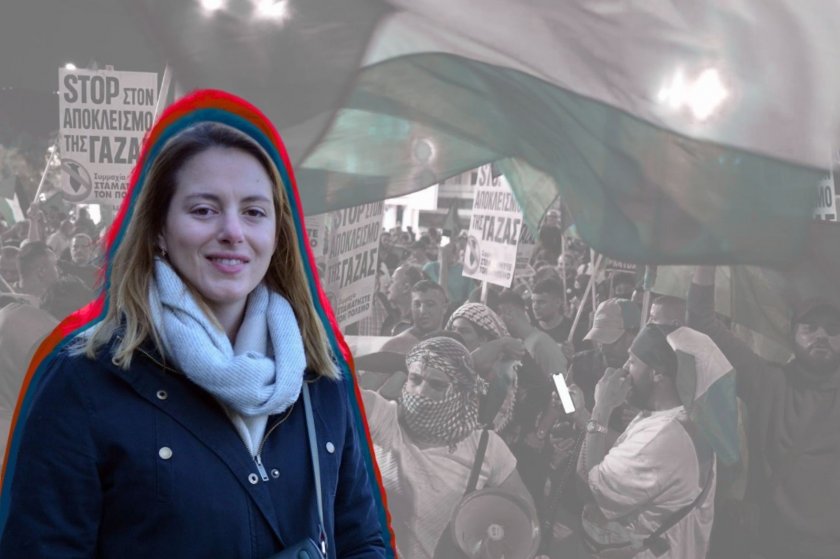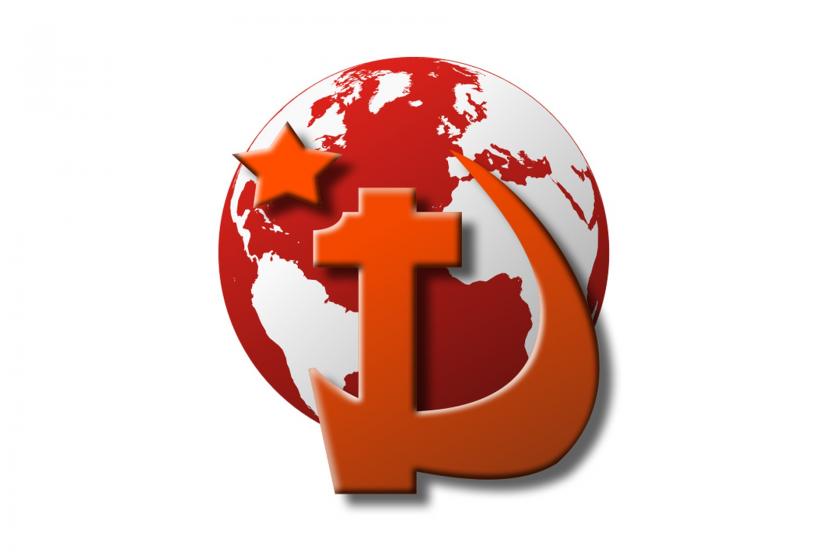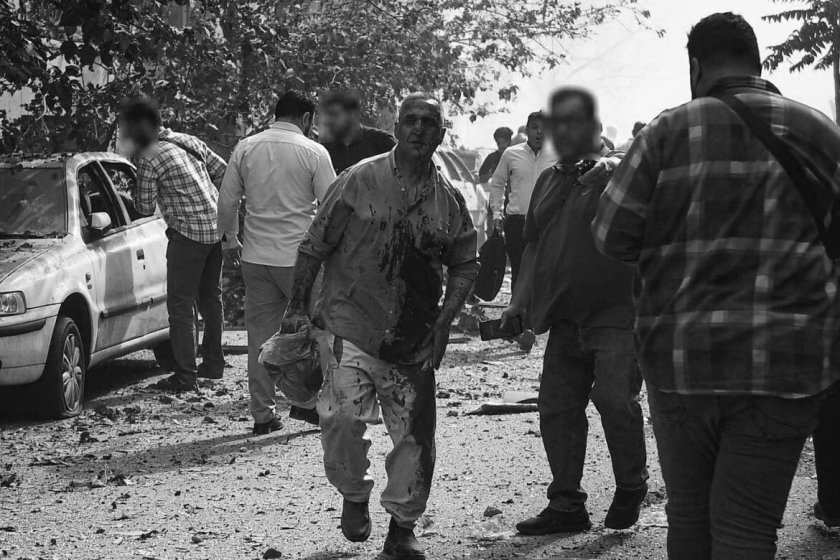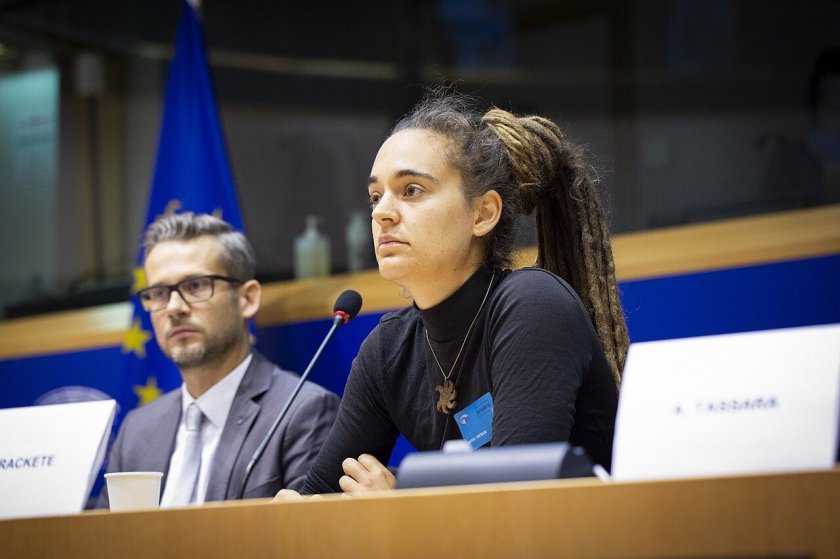Reproaches from Damascus to Russia...

Hediye Levent

Fotoğraf: SANA
Russian Foreign Minister Sergei Lavrov was in Damascus with a remarkable team. Lavrov, who met with Syrian President Bashar Assad, held a press conference with Syrian Foreign Minister Walid Muallem.
Deepening the relationship between the two countries, an emphasis on Syria`s territorial integrity, messages regarding the USA’s relationship with the Syria Democratic Forces (SDF) in the north of the country and new agreements came forward.
However, the timing of the visit, the situation in Damascus and reading between the lines in the official statements show that the visit was “slightly different”.
Will Syria loose territory?
Russia has been one of the few countries to emphasize the territorial integrity of the country since the uprisings began in Syria, long before it entered the field militarily. This emphasis for the solution of the Idlib problem with Russia`s initiatives and the participation of Turkey and Iran at the Astana talks has been put forward so many times. However, there have been concerns regarding Idlib raised by Damascus for a while now. The Astana processes have allowed Russia to keep Turkey in the game and also allowed Turkey to intervene within Syria. Actually, especially in the Sochi Agreement Turkey at every stage of Astana took on responsibilities for a solution for Idlib, made promises, but did not fulfil almost any of them. From time to time, the Turkish armed forces and the Syrian army also came face to face, and limited, small conflicts took place.
On the other hand, with the air support of Russia, the Syrian army carried out military operations against Idlib for several years. One of the main determining factors for the times durations and targets of these operations where the Turkey-Russia relationship.
Every operation of the Syrian army that was supported by Russia was reacted to by Turkey which forced diplomacy channels and the Turkish armed forces with the groups it supported came face to face with the Syrian army. Delegations went to Moscow, and an agreement was announced with official statements. The Syrian army stopped the operation, on the last line it took under its control. With this situation that has been repeated many times in the last 2 years, the jihadist groups in Idlib are squeezed into a very small area. In the years when violent clashes continued in other parts of Syria, this agreement relieved Damascus. However, as of the beginning of 2018, the clashes were mostly over, and eyes turned to Idlib.
According to Damascus;
- The Idlib operation has spread over more time than necessary.
- Due to the presence of jihadist structures in Idlib, there is always a military build-up around the city, swallowing a large budget in the country already struggling with the economic crisis.
- Almost every day, even though there is no conflict, soldiers die by small attacks, rocket attacks.
- M-4 and M-5 Highways, which are vital for the country's economy, could not be brought in to service due to the insecurity of Idlib countryside. Turkish and Russian patrols do not have much effect on security. These patrols, even the observation points of the TAF close to the highway, are already the target of attacks.
- Idlib has allowed Turkey to keep a presence in Syria, because the observation points and allowing Turkey to be a part of the process with guarantor status has been legitimised by the Sochi agreement. However Turkey did not fulfil the terms and obligations of the Sochi agreement. Therefore Turkey needs to remove itself from Idlib.
- In return for keeping its relations linked to cases other than Turkey and Syria, Russia is enabling Turkey to become permanent in Idlib.
These reproaches on the Damascus front are not new, but they have been voiced louder in recent months. The last link of this approach, which I have generally quoted above, is the concern of loss of territory.
According to this; as long as when dealing with the issue of Idlib Russia takes consideration of its relationship with Turkey, it will facilitate Turkey and the groups that it supports to become rooted in northern Syria. If Turkey wants use Idlib as a bargaining tool and says “I will leave Idlib, but I will stay in Al Bab and Jarablus”, what would be the attitude of Russia?
In the introduction of the article, we have stated that Russia made many statements about the territorial integrity of Syria and that this emphasis was definitely included in official statements; there are doubts about this position of Russia in Damascus lately.
What is the purpose of Moscow's Kurdish initiative?
Damascus considers the situation regarding self-government and SDF in the north of Syria as a problem, but wants it to be evaluated and resolved within Syria, that is, as an internal issue.
In the not so distant past Russia as well as Iran and Turkey where with Damascus against and reactive to self-government and the SDF.
This situation was an important trump card against the SDF, which holds a very valuable region that is the source of income such as oil, agricultural lands and livestock.
Russia has never cut its relations with self-government, the SDF or even directly with the PYD, but until recently it has maintained its mediator position.
In terms of Damascus; it is noteworthy that after 2011, Kadri Jameel, who was among the internal dissident figures and who also served as an opponent minister, declared that he established a movement in Moscow. Especially when it is considered that the Kurds are not a single piece in the north of Syria, the cracks between the PYD-ENKS have not closed despite the excited attempts of the USA, and there are small and different formations. So, according to Damascus, Kadri Jameel can gather groups disturbed by the current movements in the north of the country.
However, there was a very important development that overshadowed Kadri Jameel's initiative compared to Damascus. Moscow hosted another delegation, which Damascus sees as “the other sides of the problem”, in a way that does not coincide with the mediator position it has maintained until now. It is striking that this situation is mostly being interpreted in Damascus as “after the USA, Russia is also legitimising self-government/the Kurds by dealing with them”. So, according to Damascus, the hand of the administration in the north of the country may now be stronger. Moreover, due to Russia’s response Turkey’s response may also tender. Although the channels between Ankara and Damascus are closed, it is known that the “common threat” perception has relieved Damascus many times, albeit to varying degrees.
In short, there were also many files between Damascus and Moscow from the very beginning where there were cracks, in which agendas or methods did not match. For example, the Iran issue. However, Lavrov's last visit could be a new threshold for Moscow-Damascus relations. After this visit, it seems necessary to monitor more carefully the steps Russia will take.






Follow Evrensel